
Vital Topics for Your Pesach Seder
This Pesach is most significant because of the turmoil and suffering that Jews everywhere are experiencing. The Seder can give us optimism in Hashem’s promise that He is redeeming us! We will experience a most amazing salvation!
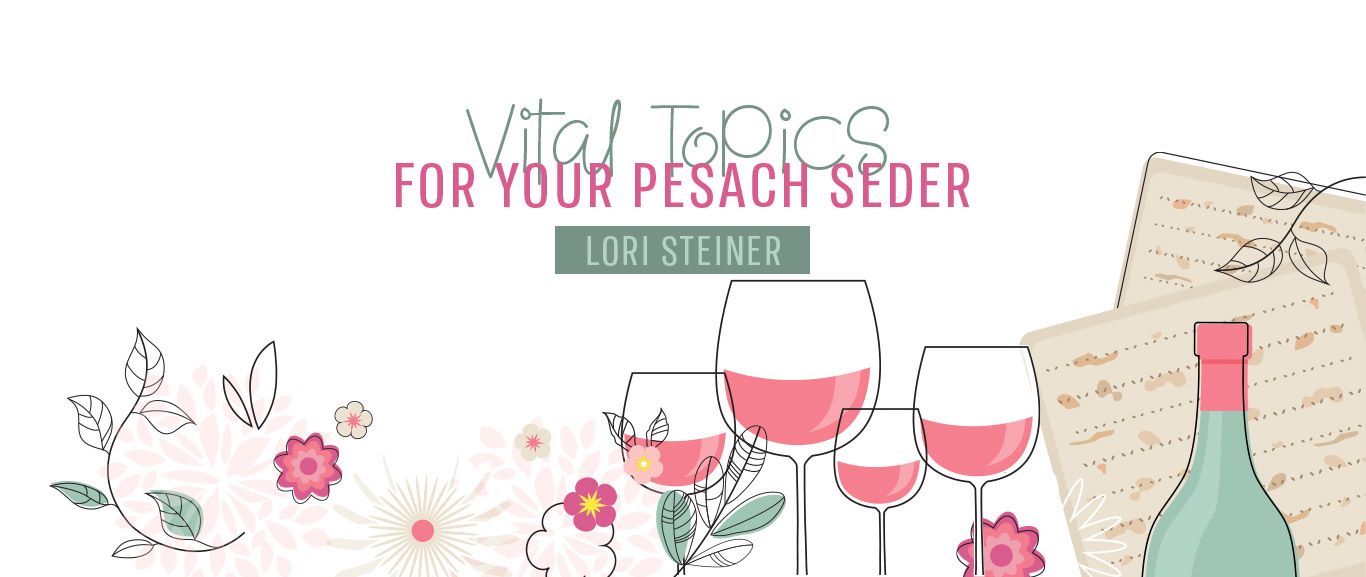
There are three significant topics to be reviewed, discussed, and understood at the Passover seder that fulfill our spiritual requirement. They are intrinsic to our ruchniut —our spiritual preparation—and to the entire holiday of Passover.
The leader of the seder introduces these ideas in the following order:
- The Korban Pesach (the Paschal lamb): Hashem told the Jewish People to sacrifice the lamb that was tied to their bedpost (on 10-Nissan) and to put its blood on the doorpost of their home in recognition of the fact that Hashem chose to save us and to pass over our homes during the Tenth Plague—Death of the First-Born. We ingrain in our hearts the gratitude that Hashem chose us. Therefore, we are the Chosen People.
- The Matzah: We eat matzah for eight days to commemorate the Geula—the Redemption from the Egyptian exile. Hashem redeemed us quickly out of bondage, and we had to hurry, so there was no time for the bread to rise.
- The Moror: We eat Moror—bitter herbs—to remind us of the bitterness we suffered as slaves in Egypt (Mitzrayim).
Why is this discussion not in chronological order? It seems like we should be discussing the Moror—bitterness of slavery—first; then the Korban Pesach, where we identify ourselves as believers in Hashem; and then the Matzah, the symbol of our redemption from Egypt and our freedom to serve Hashem, not Pharaoh.
However, the Moror is actually discussed last because it is the foundation upon which the Jewish nation was able to receive the Torah. The foundation is what we build upon. The truth of the matter is that our suffering was the only way to receive the greatest gift—Matan Torah! That is why only a Jewish person–one who is required to recall the intense suffering— can attend the Pesach Seder.
Within the suffering we must know that the darkness will be the cause of the light and that we must have complete trust (bitachon) in HaKodesh Baruch Hu to redeem us now. The only way to rise is to experience the fall—to be in darkness and then transform it into light. It is the difficulty that creates the redemption. The Hebrew calendar reflects this idea in that we begin each new day when it is dark—at night.
It makes perfect sense to discuss the Korban Pesach first, then the Matzah, and finally the foundation—the Moror. In this generation, we look at the Korban Pesach, the first topic of discussion, as an opportunity to choose Hashem just as He chose us. It is our turn to choose to help further His agenda and to do His will. Then we can feel the accomplishment of what it means when we say the Shema, to internalize Hashem’s desire that we love Him with “all our heart, soul, and resources.”
Following the act of choosing Hashem like He chose us comes the Matzah—the Redemption. We appreciate that the Moror—the collective trials and tribulations of the Jewish nation, including our personal challenges—was a necessary part of the experiential education of our souls. Therefore, we are grateful for even the seemingly not-so-good occurrences we experience, knowing that everything Hashem does is for the best and for a purpose.
We combine the Moror and the Matzah and eat them together because they go together: the only way we can arrive at redemption is by enduring the suffering. When we reach Geula, then we will understand the Moror—the bitterness. While we suffer, we maintain our emunah (faith) and bitachon (trust) in Hashem. We trust that we are moving toward the time when all our hard work, our preparation throughout the years, will bear fruit, and we will experience a most amazing salvation.
Our gratitude and joy for the Geula will again be exponential as we combine the Matzah with the Moror, juxtaposing the joy of redemption with the suffering that we endure in exile. We are in a co-creative partnership with Hashem to first uncover the darkness, which we currently see all around us, and then transform it into light by choosing to align with the Creator. In so doing, we hasten the Geula and the coming of our long-awaited Mashiach b’zrat Hashem. May it be soon and in our day. Amein
**
Lori is an educator and life optimization coach. Her book entitled Living in Happiness: The Call to Return is available on BookBaby Bookshop currently with a 20% discount for our readers, when applying the code UNITY20.


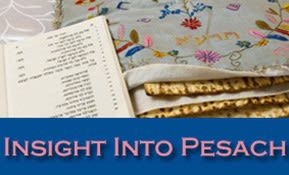
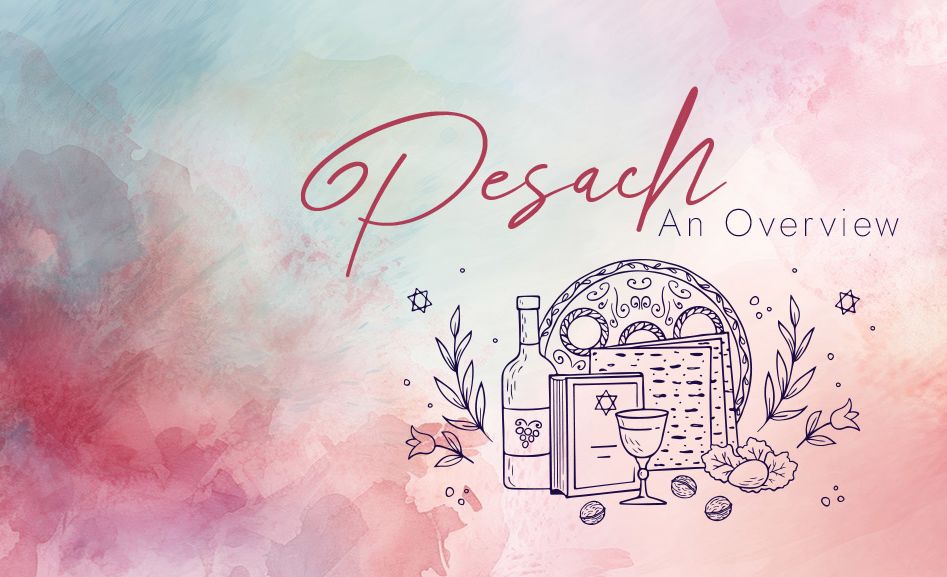
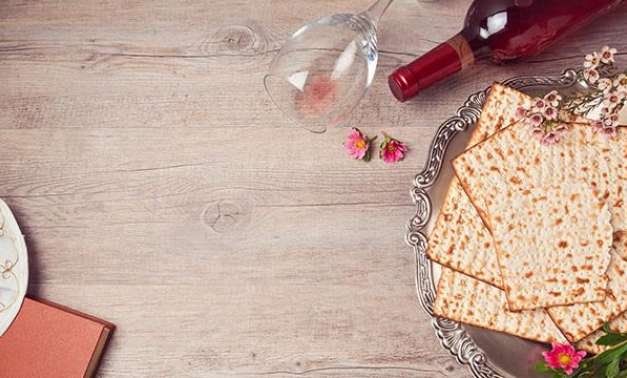
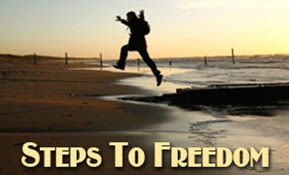
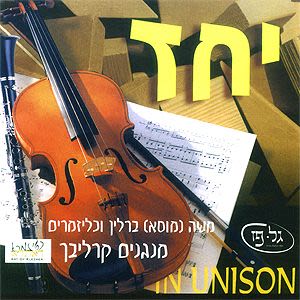
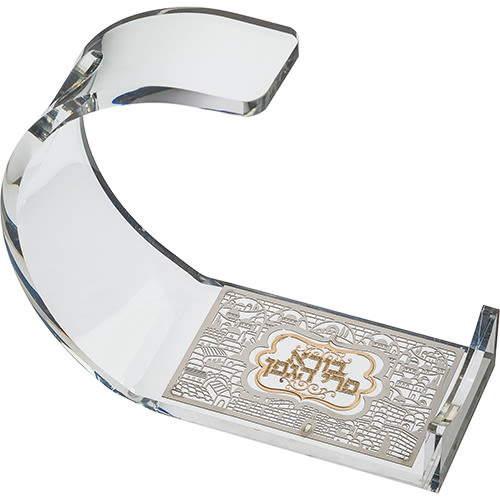

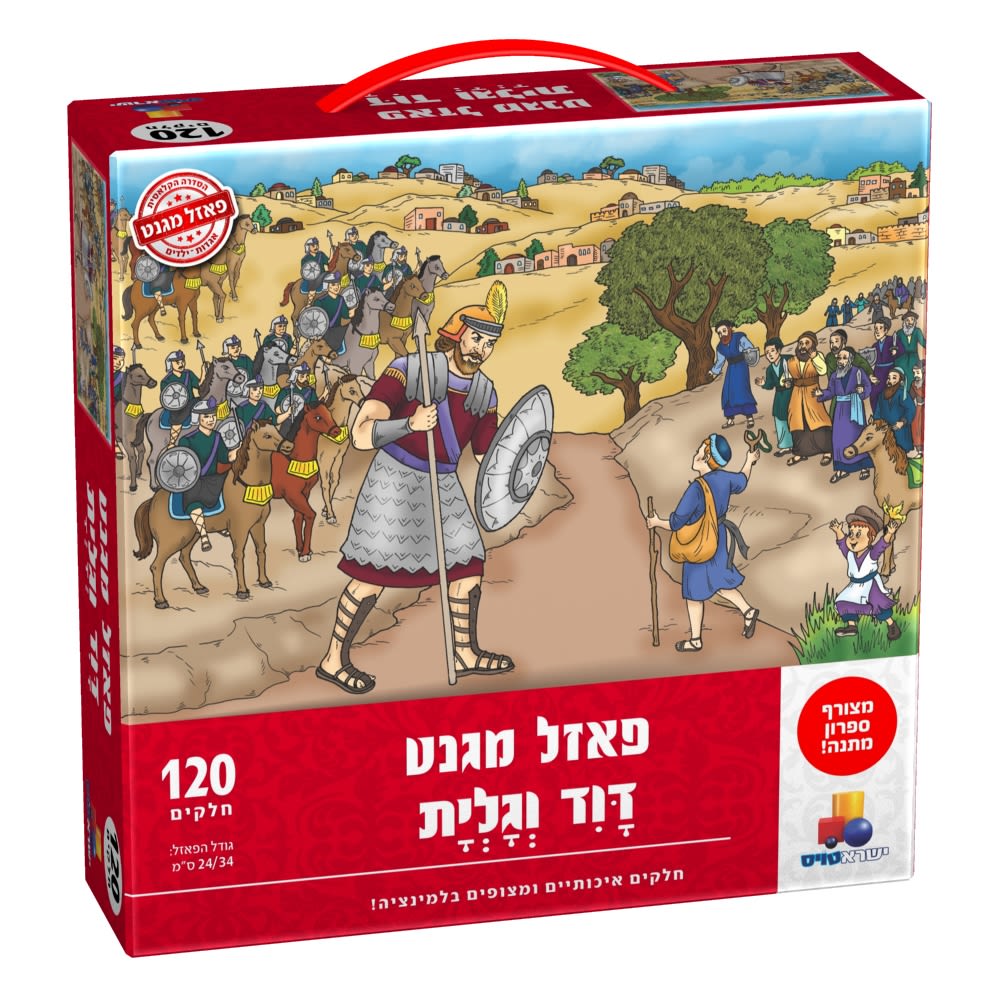

Tell us what you think!
Thank you for your comment!
It will be published after approval by the Editor.